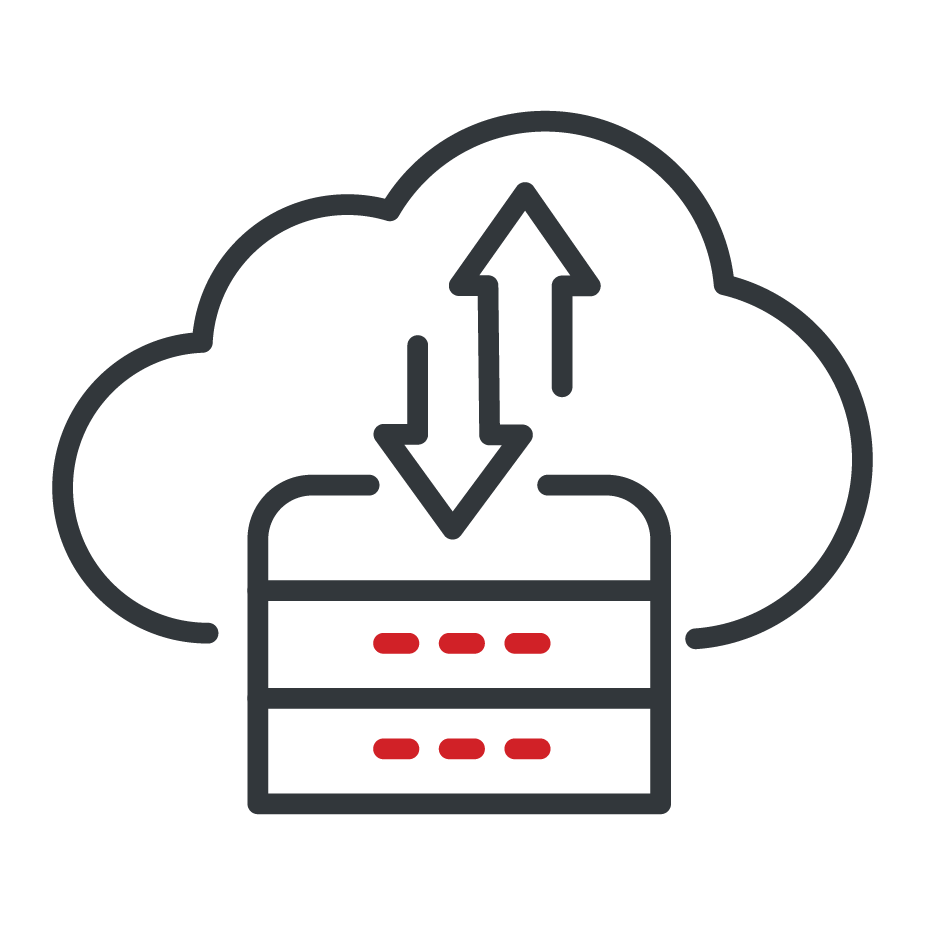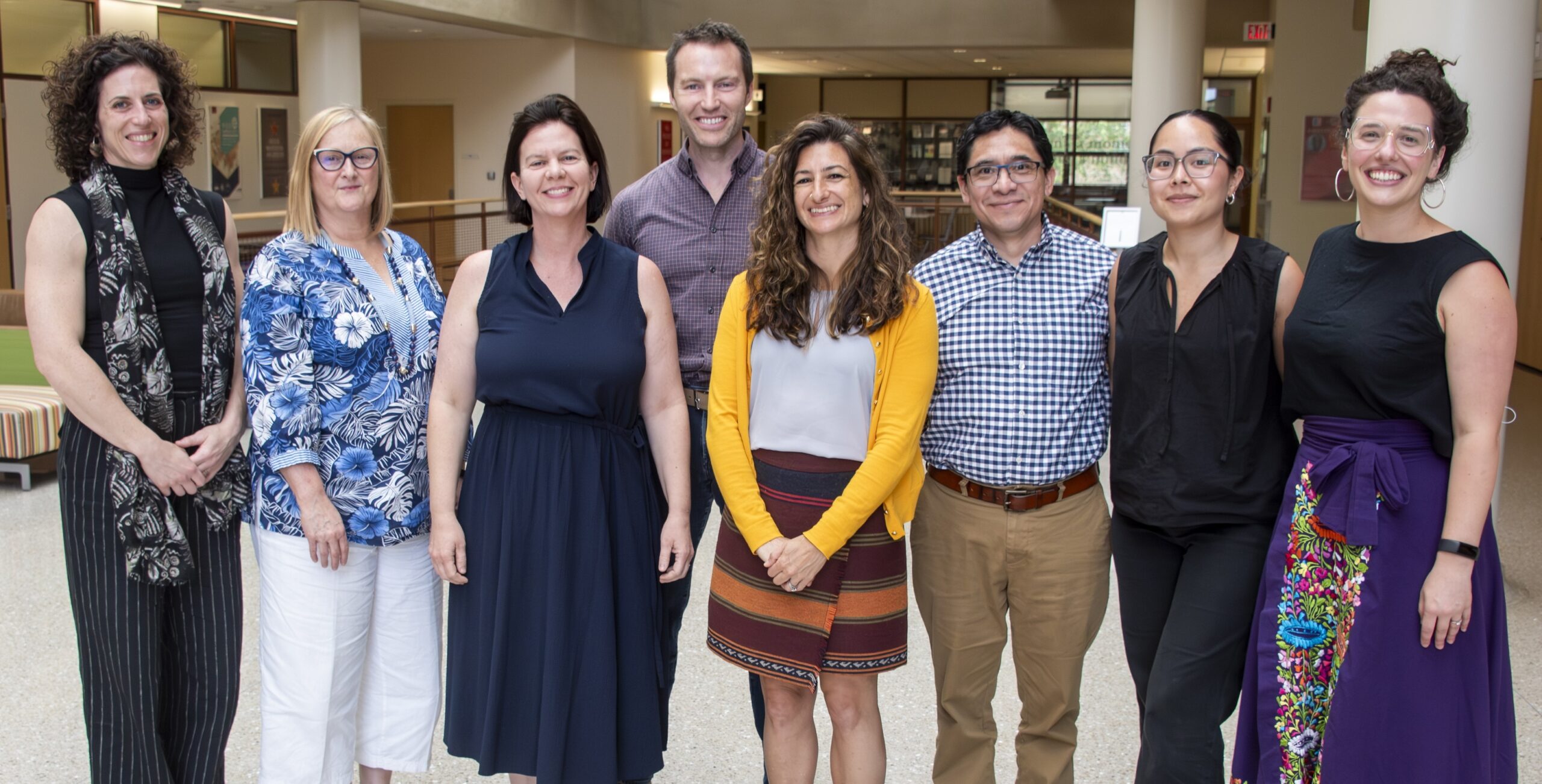About the Democratic Erosion Consortium
The Democratic Erosion Consortium (DEC) is a nonpartisan research, teaching, and policy collaboration dedicated to addressing the threat of democratic erosion in the U.S. and around the world.
About US
Our Mission
We believe in the power of research, evidence, and learning to address democratic erosion. We aim to connect academics, practitioners, policymakers, journalists, donors, and students. We strengthen connections between these diverse stakeholders to both produce and use research in order to better combat democratic backsliding across the globe.
Our Work
The Four Pillars of the Democratic Erosion Consortium
The Democratic Erosion Consortium (DEC) is a nonpartisan research, teaching, and policy collaboration committed to marshaling evidence and learning to address the growing crisis of democratic erosion worldwide.

Teaching
Since the Fall of 2017, faculty at more than 85 universities have taught our joint course on democratic erosion using a shared syllabus and collaborative assignments. We offer a complete curriculum and facilitate cross-university activities. We make our curriculum available to any interested faculty member around the world.

Synthesizing Evidence
There is often a gap between those who design interventions to strengthen democracy and the researchers who generate evidence on which interventions are likely to succeed. Our Evidence Briefs synthesize and communicate existing research for policymakers, practitioners, the media, and the broader public, and are paired with virtual roundtables to discuss and disseminate the findings and recommendations.

Collecting Data
Understanding and addressing democratic erosion requires documenting exactly how it occurs. Our Democratic Erosion Event Dataset (DEED) tracks symptoms and precursors of erosion, and resistance to backsliding, across countries and time.

Fostering Engagement & Networks
Through all of our work, we aim to foster learning, dialogue, and partnerships among researchers, policymakers, and practitioners, to facilitate impactful research and develop evidence-based interventions to strengthen democracy worldwide. We do so through an in-person Annual Convening, virtual roundtables and workshops, and communications and information sharing within our expanding DEC network.
DEC TEAM
Meet Our Team







